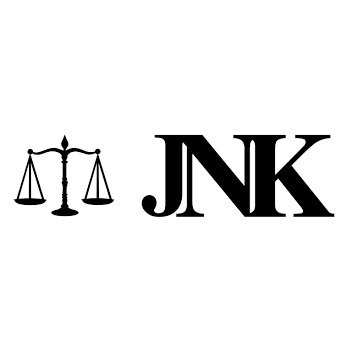Best Administrative Lawyers in Kowloon
Share your needs with us, get contacted by law firms.
Free. Takes 2 min.
List of the best lawyers in Kowloon, Hong Kong
About Administrative Law in Kowloon, Hong Kong
Administrative law in Kowloon, Hong Kong, primarily governs the actions of public authorities, including the decision-making of government departments, tribunals, and regulatory agencies. It ensures public authorities are held accountable, acting within their designated legal boundaries, and making fair decisions. It covers a wide range of areas such as immigration, health and safety, education, and public housing.
Why You May Need a Lawyer
Given its complex nature, dealing with administrative law often requires specialized legal expertise. You may require a lawyer if you are challenging a decision by a government authority, applying for specific regulatory licenses, or if you are a public authority seeking advice to ensure your policies and decisions are legally sound. An experienced lawyer can interpret and apply the often complex and specialized legislation, regulations, and case laws that pertain to specific issues.
Local Laws Overview
The primary legal framework for administrative law in Kowloon, Hong Kong, is established by the Basic Law and the Hong Kong Bill of Rights. The Ombudsman Ordinance and other statutes govern individual sectors such as education, health, and public safety. Public authorities are also subject to judicial review by the courts to ensure they do not exceed or abuse their power.
Frequently Asked Questions
What is Judicial Review in administrative law?
Judicial Review is a process where a court reviews the lawfulness of a decision or action made by a public authority. It is a key mechanism for holding public authorities accountable.
Can I represent myself in an administrative law matter?
While it is possible, it's often not advisable due to the specialized nature of administrative law. The rules, regulations, and procedures can be complex and challenging for non-lawyers to navigate.
What are the key areas of administrative law?
Administrative law covers significant areas including immigration, health and safety, education, and public housing.
What does an administrative lawyer do?
An administrative lawyer offers advice on compliance with regulations, represents individuals and organizations in tribunals and court proceedings and assists public authorities with drafting and implementing policies.
What is the role of the Ombudsman in administrative law?
The Ombudsman provides an important check and balance on public administration by investigating complaints about public authorities and making recommendations for improvement.
Additional Resources
The Office of The Ombudsman and the Judicial Review Guide published by the Department of Justice provide more information about administrative law and processes. Specialist legal organizations and law firms may also offer advice and representation in administrative law matters.
Next Steps
If you need legal assistance in administrative matters, consider looking for law firms specializing in administrative law, compile all relevant documents, and schedule a consultation. If your matter relates to a complaint about a public authority, you may wish to contact the Office of The Ombudsman.
Lawzana helps you find the best lawyers and law firms in Kowloon through a curated and pre-screened list of qualified legal professionals. Our platform offers rankings and detailed profiles of attorneys and law firms, allowing you to compare based on practice areas, including Administrative, experience, and client feedback.
Each profile includes a description of the firm's areas of practice, client reviews, team members and partners, year of establishment, spoken languages, office locations, contact information, social media presence, and any published articles or resources. Most firms on our platform speak English and are experienced in both local and international legal matters.
Get a quote from top-rated law firms in Kowloon, Hong Kong — quickly, securely, and without unnecessary hassle.
Disclaimer:
The information provided on this page is for general informational purposes only and does not constitute legal advice. While we strive to ensure the accuracy and relevance of the content, legal information may change over time, and interpretations of the law can vary. You should always consult with a qualified legal professional for advice specific to your situation.
We disclaim all liability for actions taken or not taken based on the content of this page. If you believe any information is incorrect or outdated, please contact us, and we will review and update it where appropriate.









